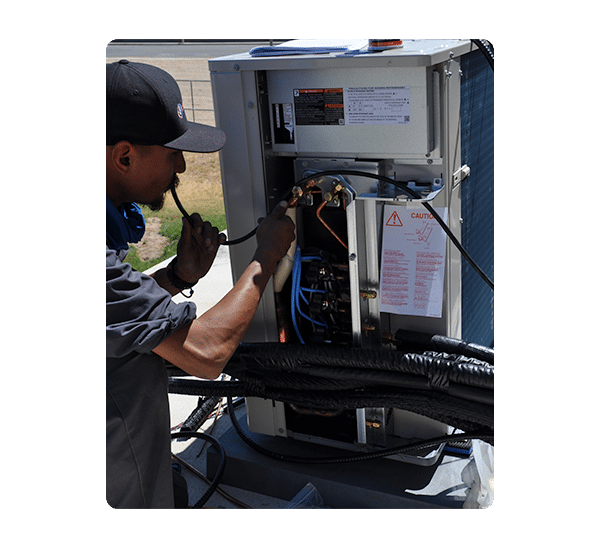Exploring Sustainable Air Conditioner Options
There has been a growing emphasis on sustainability and environmental responsibility in the HVAC industry in recent years. As such, many manufacturers have developed eco-friendly air conditioning solutions that prioritize energy efficiency and reduce carbon emissions. One popular option is the use of inverter technology, which allows air conditioners to adjust their speed according to the cooling needs of the space, resulting in significant energy savings. Additionally, systems that utilize alternative refrigerants with lower global warming potential are becoming increasingly available, further contributing to sustainability efforts.
- Invest in energy-efficient models with high SEER (Seasonal Energy Efficiency Ratio) ratings to minimize electricity consumption.
- Regularly maintain and clean air conditioning filters and coils to ensure optimal performance and energy efficiency.
- Consider installing programmable thermostats to regulate temperature settings based on occupancy patterns, reducing unnecessary energy usage.
Optimizing Indoor Air Quality With Your Air Conditioner: Key Strategies
While air conditioning primarily focuses on temperature control, it also plays a crucial role in maintaining indoor air quality. Poorly maintained air conditioning systems can harbor allergens, dust, and other pollutants, negatively impacting the health and comfort of occupants. To optimize indoor air quality, consider the following strategies:
- Schedule routine maintenance inspections to check for mold, dust buildup, and other potential sources of indoor air pollution.
- Use high-quality air filters with a MERV (Minimum Efficiency Reporting Value) rating appropriate for your needs.
- Install UV germicidal lamps within the air handling unit to neutralize airborne bacteria and viruses, improving air quality.
- Consider further integrating air purification systems or humidity control devices to enhance indoor air quality.


